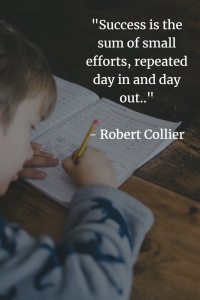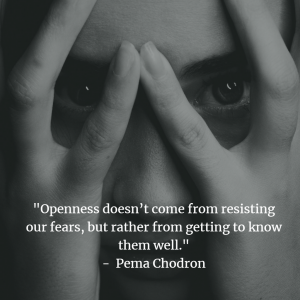Resilience (Child Version)

Resilience is like having a superpower that helps you bounce back from tough times and handle challenges. It means being able to recover when things go wrong and stay strong even when life gets hard. When you have resilience, you can overcome obstacles, feel better about yourself, and keep going even when things seem tough. Here are three important things to know about building resilience:
- Bouncing Back: Resilience is all about being able to bounce back after difficult experiences. Just like a rubber ball that springs back after being squeezed, you have the power to recover from tough times and come back even stronger. It’s okay to feel sad, upset, or scared when something bad happens, but with resilience, you can find ways to cope and feel better. Remember, tough times won’t last forever, and you have the strength to get through them.
- Finding Support: It’s important to know that you’re not alone in tough times. Building resilience means reaching out for help and talking to people you trust, like your family, friends, or a teacher. They can listen to your feelings, offer support, and help you find ways to feel better. Remember, asking for help is a sign of strength, and having supportive people around you can make a big difference.
- Staying Positive: Resilience is also about having a positive attitude, even when things are challenging. It’s normal to feel worried or unsure, but by focusing on the good things in life and looking for solutions, you can stay hopeful and optimistic. Remember, challenges can be opportunities to learn and grow stronger. Believe in yourself and know that you have the power to overcome tough times and achieve great things.
- Attitude: Resilience requires having a positive attitude. This doesn’t mean ignoring or denying the challenges you face, but rather acknowledging the reality of the situation while seeking the good in life. Being optimistic and hopeful that things will improve without always expecting the worst can help you stay strong and find solutions to problems.
- Emotions: It’s important to learn how to manage your emotions. You have the power to control your feelings and actions, instead of letting them control you. When something bad happens, it’s okay to feel upset or disappointed. But instead of letting those emotions make you act impulsively or blame others, take a moment to pause and think. Ask yourself, “What can I do better next time?” or “What can I learn from this?” Remember, you have the ability to choose how you respond to challenges and use your emotions in a positive way.
- Who’s in Control: You are in control of your own actions and choices, regardless of what others do. Sometimes things may seem out of control or not going the way you want them to, but that doesn’t mean you should give up. Instead, focus on what you can do to make a positive change. Look for the bright side in difficult moments and remember past times when you faced challenges and came out stronger. By recognising that you have the power to shape your own story, you can develop resilience and overcome obstacles.
Building resilience takes time and practice, just like learning a new skill. It’s okay to make mistakes along the way and face setbacks. What matters is that you keep trying and never give up. With resilience, you can face whatever comes your way and keep moving forward. So, keep practicing, stay positive, and believe in yourself. You have the power to be strong and resilient!







